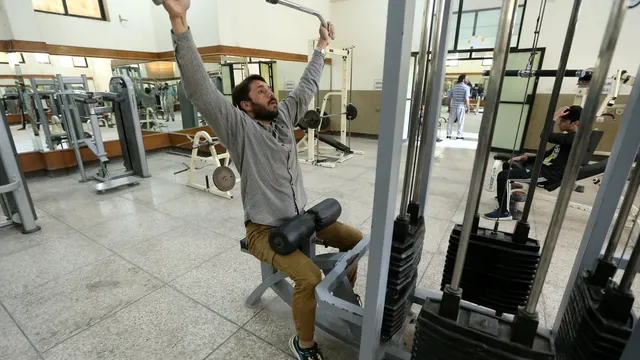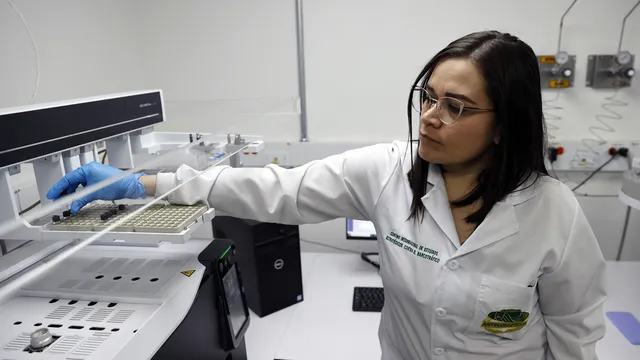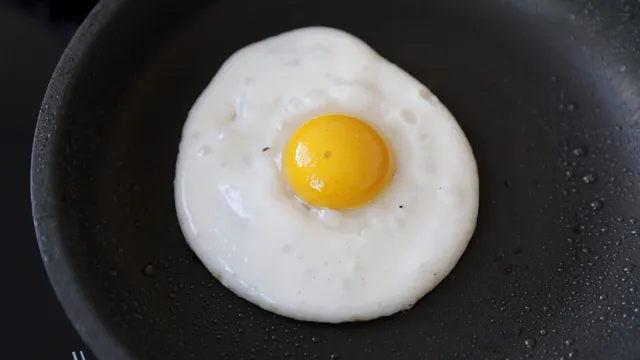Physical activity can act as a real geroprotector, affecting not only overall health, but also biological age. This is stated in a review published in the American journal Aging, where scientists analyzed the results of dozens of studies on humans and animals.
It turned out that regular training can slow down the “epigenetic clock” - molecular mechanisms by which the true biological age of the body is determined. Particularly pronounced changes are observed in the blood and skeletal muscles, where in active people a “rejuvenation” of cellular structures was registered. At the same time, the effect of training was not the same: it depended on the level of physical fitness and individual characteristics, as well as on the organs where changes occurred. For example, in mice with good endurance, a slowdown in biological aging was observed not only in muscles, but also in the heart, liver and adipose tissue.
Experts note that sports cannot be considered a universal “panacea for old age”, but the accumulated data allow us to consider it as one of the most accessible and effective ways to extend active longevity. Now scientists need to understand the exact molecular mechanisms of this effect and learn to personalize exercise programs.
Earlier, researchers reported that the growth of life expectancy has stopped. If in the first half of the 20th century each new generation added an average of five and a half months, then for those born after 1939 this figure has decreased to two and a half months of life. | BGNES

 Breaking news
Breaking news
 Europe
Europe
 Bulgaria
Bulgaria







